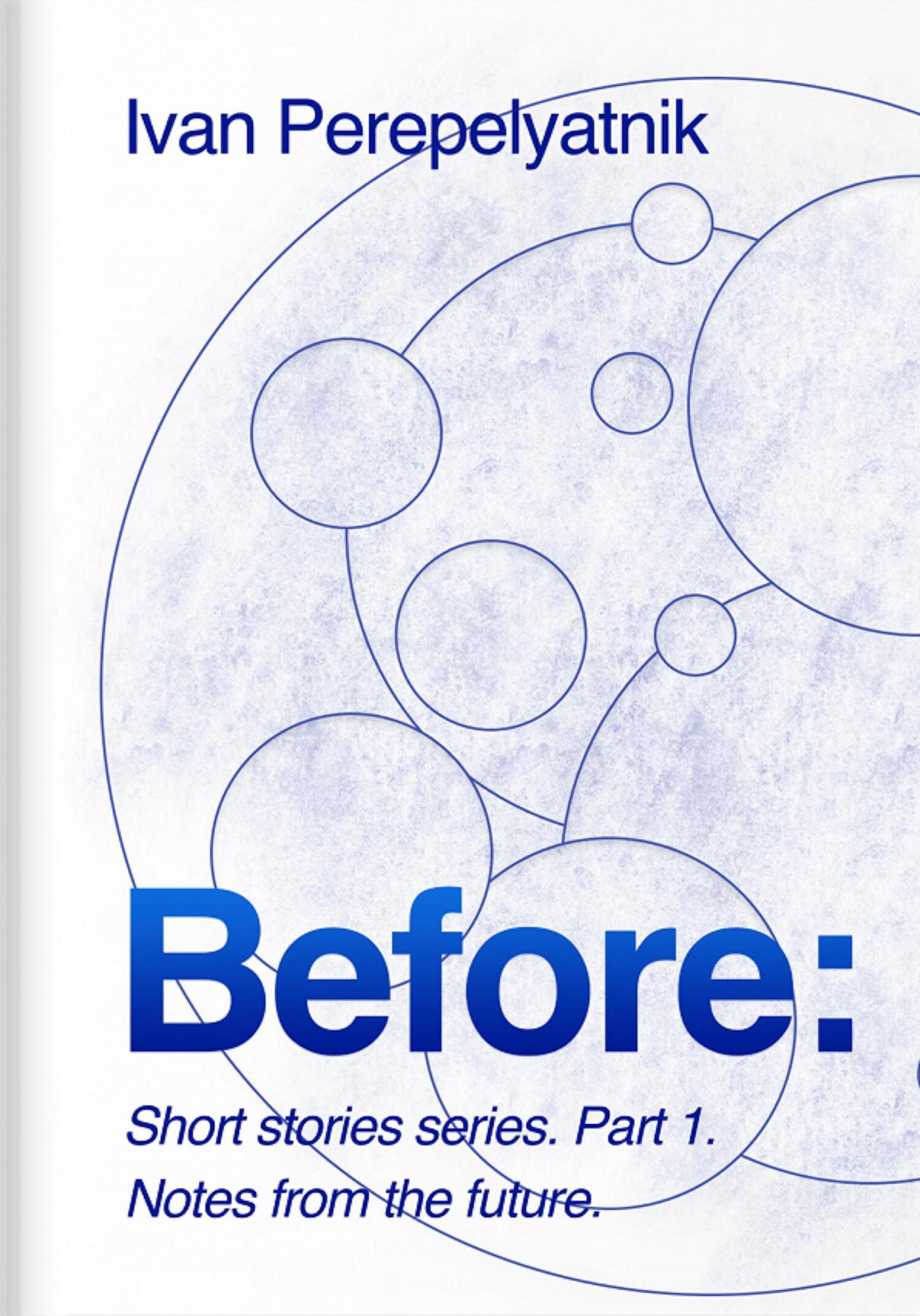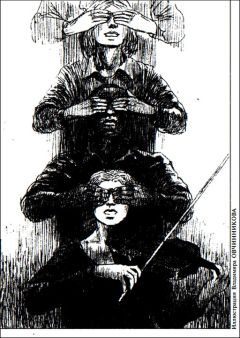debunked.’
Alexandra started laughing:
‘If only it were the case, Thomas. But thanks. The team has done a lot of work. And I have something to thank each of our specialists for. This is indisputable.’
‘Alexandra, before we move on to the amazing details of your development, let me clarify why our first meeting, scheduled for mid-August, two months ago, failed? What was the reason for such an unexpected withdrawal of your invitation to our editorial office to meet with you in Moscow at the specialized research laboratory of Moscow State University?’
‘Of course, Thomas, I’m ready to explain everything to you. The reason is simple and purely technical. Our laboratory at Moscow State University,’ Alexandra emphasized State, ‘falls under certain regulations of the state security system, which is constantly monitored by PAX. Given the field of our research, such a security barrier, if you will, seems reasonable and appropriate.
Our laboratory participates in the strategy development for important and critical infrastructure projects in the country, in Russia, which, of course, attracts attention of various organizations, both commercial and some international services. We understand the wish of the Russian security agencies to take care of us and our work. As they explained us, some restrictions that were indeed applied to the meeting with Bild journalists scheduled for August—the circumstances in which we had found ourselves, were determined by PAX.’
‘Don’t you think this explanation to be convenient—referring to a certain system? Like, the system is in charge of everything.’
‘It sounds like that, Thomas,’ Alexandra continued, slightly adjusting her glasses, ‘but this situation is as real as our conversation with you at the moment. You are in Munich, I am in Tel Aviv, but for the viewers of your channel, we both are in your office. This is how they see and perceive this particular event. PAX assigned a high priority risk in relation to the integrity and information security of a rather complex intellectual product, with large funds invested in its development— the relevant services could not help but react to this. That’s the whole story. I am ready to apologize to you once again that our meeting did not take place then in August. But I hope that your trip to Moscow was not in vain, and you managed to spend a few productive and pleasant hours in the city.’
Alexandra made it clear that she was not ready to go into the details of the story. The case was closed. Thomas decided that it would be inappropriate to go into further investigation of the reasons for the cancellation of the agreed interview. That day in Moscow they managed to talk with the world legend of biohacking, Dr. Albina Zemtsova, who was at the origin of the development of digital passports. An old friend of Tokareva, having learned that the meeting with her would not take place, she contacted Thomas’ team herself and offered to talk about some new developments in her laboratory. The material turned out to be excellent, and based on it, the editorial board decided to launch a series about the development of a Tracker.
‘Alexandra, so how does it work anyway?’
‘I think that both you, Thomas, and the audience have already heard about the basic principle of the Interview software package. Nevertheless, to briefly describe its essence in a nutshell, I will note the following. Based on big data about human life, about all its aspects—from physical, so to speak, parameters and character traits, social activity, a wide range of available media materials…—based on the set of information about the personality under study, a digital copy of which we want to recreate, an appropriate model of the individual is built. There are, of course, countless components. This is one of the main problems—there should be so much information about the object under study that the range of possible candidates in the initial position would be extremely limited.
The second key component, of course, is the algorithm itself, which forms the basis of the program logic. This is the key value and the development by our laboratory, which is so jealously protected by our esteemed colleagues from the security service,’ smiled Alexandra.
‘And, of course, it should be noted that the operation of our software complex would be impossible without the power and infinite potential of the artificial intelligence of PAX. The complexity of the calculating task for only one model, an indicator of the level of computation power required for the software package operation, could be demonstrated by the following remarkable figure, which I will share with you. The load on the entire global system of PAX when dealing with our task increases by 0.1%, and peak values reach 0.15%. This is a colossal figure, as you would understand.’
Thomas nodded in affirmative:
‘Alexandra, this is amazing! Which way such a complex mathematical model could have ever been developed at all, for me as a man from the street, I’m afraid, would never be given to understand. But here’s another thing also of interest and calling for some clarification: what made you launch such an extraordinary project? What is at the bottom of the idea to create a software product which could be used to interview, simulate the answers of someone who has already died, who is no longer in this world?’
Alexandra reflected for a couple of seconds, took a sip of water, adjusted her glasses and continued:
‘The idea is based on a complex of various factors and conditions. The key one is located somewhat outside the Interview, as it may seem at the first glance. The current stage of work on the project, its part, which we have implemented as of today, is one of the first stages of a large task that our laboratory is expecting to solve.’
‘And what is this bigger project, Alexandra?’
‘We live in the age of an infinitely large array of data and devices, which surround us everywhere, that are always connected,




